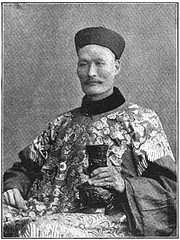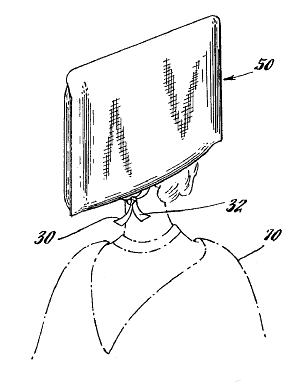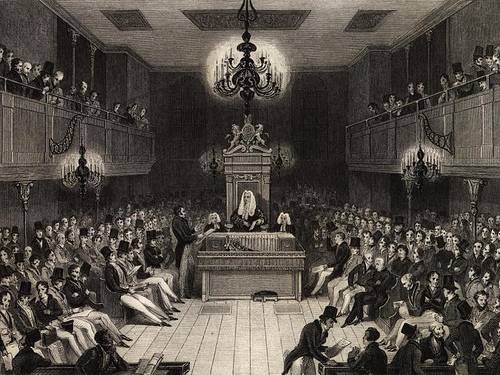
Photos of Chang Woo Gow are deceiving because of his regular proportions: The Chinese giant was already 7 foot 9 when he came to England at age 19 — he wrote his name on a wall at a height of 10 feet at the request of the Prince of Wales.
Fourteen years later, when he appeared in Paris for the 1878 World’s Fair, Chang had grown to 8 feet and weighed 364 pounds. But he met the public clamor with consistent kindness, grace, good humor, and a quiet intelligence — he spoke six languages and, on one occasion, greeted by name several visitors whom he had encountered once 16 years earlier.
After a tour of European capitals, he retired to Bournemouth, where it is said that on evening walks he would light his cigar at gas streetlamps. When he died in 1893 at age 48 (and was buried in a coffin eight and a half feet long), his friend William Day remembered him as “a giant of giants, great of stature, but with the kindest nature and a heart as true and tender as ever beat.”




